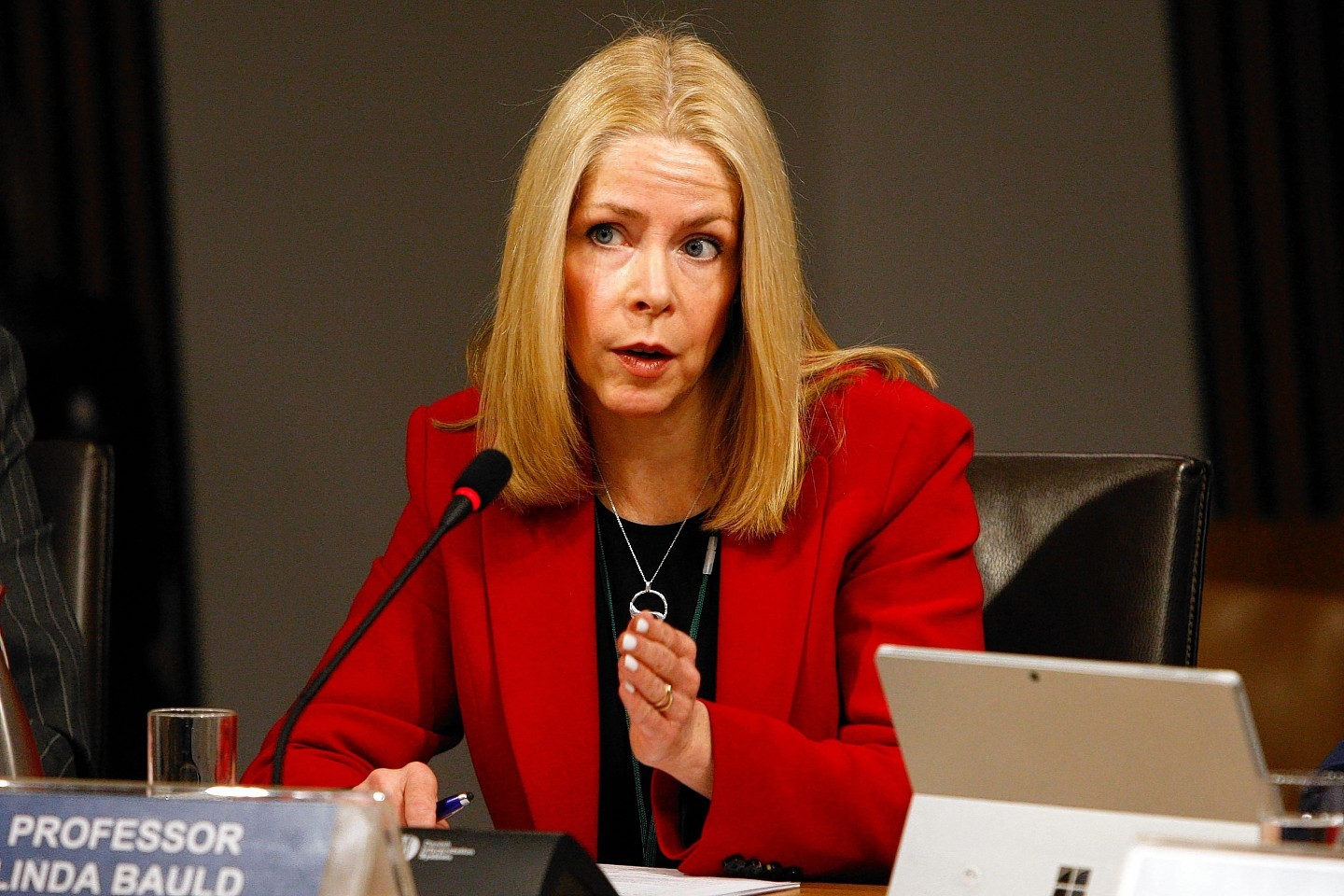Leading health experts and charity bosses have called for action to tackle the “worrying” trend of unhealthy habits that could lead to life-threatening illnesses in the north of Scotland.
More than half of those living in Aberdeen, Aberdeenshire, Moray, the Highlands and islands are overweight or obese, and 60% of people are struggling with alcohol abuse.
The figures, released in a new Scottish Health Survey, show that in Grampian, 61% of people were classed as “moderate or harmful” drinkers – higher than the Scottish average of 59%.

In the Highlands that figure was slightly higher, at 62%.
Cat Govan, service manager of Alcohol Drugs Action, said: “For many people, alcohol consumption is almost seen as an essential part of social and private life.
“It is easy for anyone to develop harmful drinking levels regardless of their circumstances, but facing up to their truths can be surrounded by anticipated stigma and perhaps embarrassment which can make it difficult for people to get help.”
The Scottish Health Survey also found that, overall, 63% of people in Grampian are overweight or obese, compared to 68% in the Highlands.
The Scottish average was 65%.
Last night Aberdeenshire West MSP Alexander Burnett said: “The Scottish Government says it wants to curb obesity and problem drinking.
“But it has been too keen on words and too shy of concrete action.
“Support for people with alcohol issues has been slashed in the north-east under the SNP.
“Far more work is needed across the board to help get Scotland’s population fitter and healthier.
“This is a health time bomb which is ticking more and more loudly.”
A Scottish Government spokesman said: “Tackling obesity is a public health priority – our ambition is to halve childhood obesity by 2030.
“Our diet and healthy weight delivery plan includes a wide range of bold measures designed to help families make healthier choices.
“We have invested around £800 million to tackle alcohol and drug use since 2008 and introduced a NHS target to improve access to treatment across Scotland.”
The survey also found that 20% of people in the Highlands are smokers, compared to 18% in Grampian.
Professor Linda Bauld, Cancer Research UK’s cancer prevention expert, said: “Obesity is the second biggest preventable cause of cancer after smoking so this report, which holds a mirror up to the health of the nation, paints a bleak picture.
“It’s clear that urgent action is needed to help guide Scots onto the path of better health.
“The health of our nation depends upon it.”
Christopher Littlejohn, deputy director of public health at NHS Grampian added: “Increasingly busy lives and rising costs of living can nudge us towards eating convenient but less healthy foods, using alcohol or cigarettes to manage stress, or crowds out time for physical exercise.
“Health conditions such as cancer, liver disease, chronic bronchitis and emphysema, and diabetes are on the rise and these lifestyle factors play a major role.”
‘One diet message does not fit all people’
Professor Alexandra Johnstone is fighting the battle against obesity at Aberdeen University’s Rowett Institute.
She works to develop strategies that could be implemented on a national level to improve the health of the Scottish population.
She has taken on countless studies over the last few years, and her research has revealed a startling link between obesity and poverty.
She said: “Scotland still has one of the highest prevalence rates of overweight and obesity in Europe which is a concern because it is linked to an increased risk of chronic conditions such as type two diabetes, hypertension, cardiovascular disease, certain cancers and osteoarthritis.
“Some of the recent statistics that I have seen highlight social inequalities – around 32% of adults living in the most deprived areas are obese, compared to just 20% of those living in the least deprived areas.
“The recent report also highlights the differences in rural and urban geographical location.”
As part of her role as nutrition scientist at the Rowett Insitute, she seeks to explore and expand the evidence for dietary strategies to support healthy and safe diets.
She acknowledged that the road to curbing obesity would be a difficult one.
She added: “The truth is that one diet message does not fit all people.
“It is of course the type of foods you choose and portion sizes that have the biggest impact on your health.
“We are also exploring if chrono-nutrition or time of eating is linked to bodyweight and health, and as we understand this interaction of time of day and metabolism better, we will be able to give more dietary advice, particularly for those involved in shift work.”

